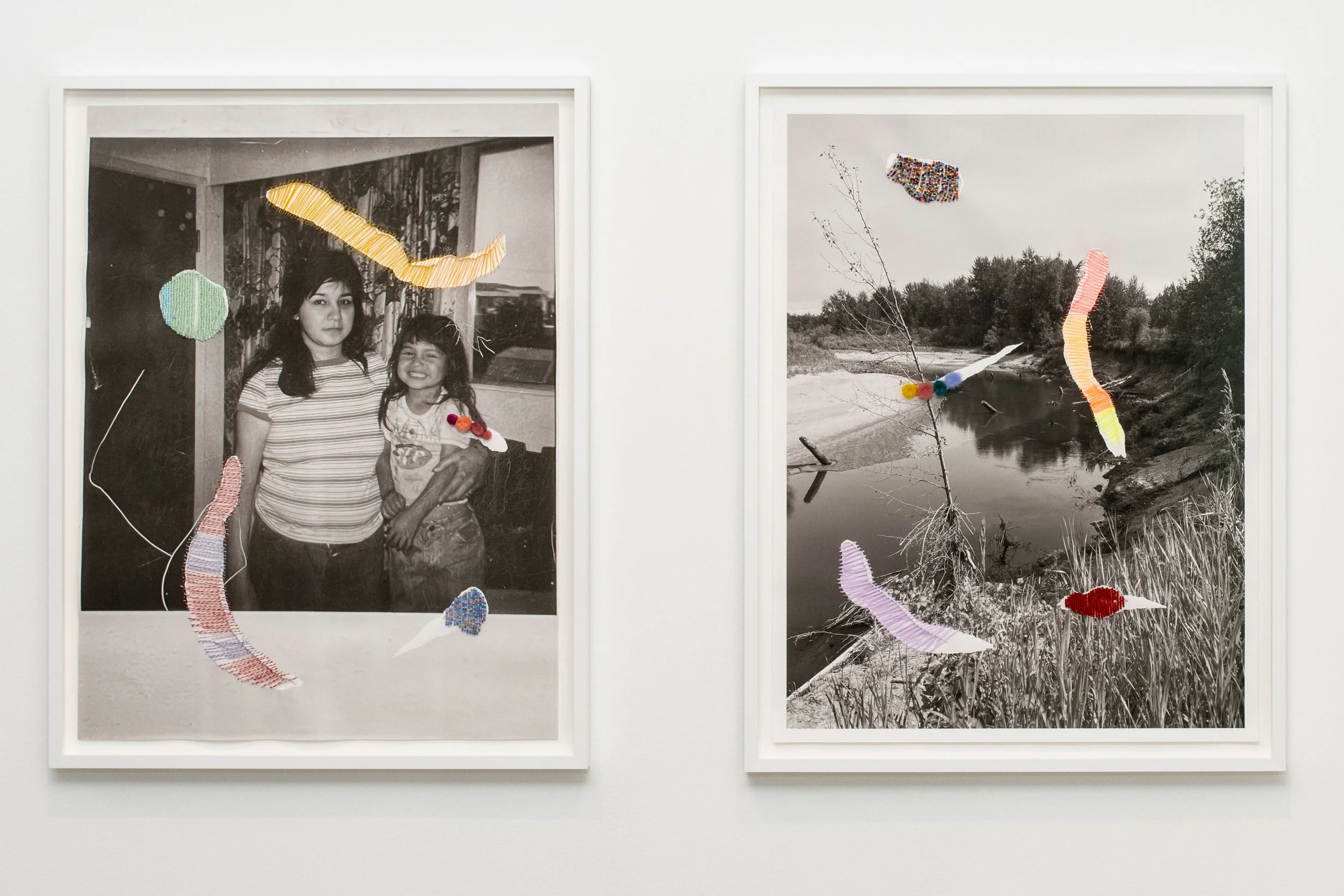Theatre review: Ensemble Theatre Company's Pass Over proves cleverly intense
Strong acting, expertly written script have a hard-hitting emotional impact
Kwasi Thomas (standing) and Chris Francisque in Ensemble Theatre Company’s Pass Over. Photo by Emily Cooper
Ensemble Theatre Company presents Pass Over at the Waterfront Theatre to July 2 as part of its Summer Repertory Festival
EXPERTLY WRITTEN BY New York-based playwright Antoinette Chinonye Nwandu in response to 17-year-old Trayvon Martin's killing in 2012 at the hands of a white man, Pass Over draws from Samuel Beckett's Waiting for Godot and the biblical story of Exodus. It’s all to depict two young Black men dreaming of better days in a racist world.
“The pie was just a dream… an American dream,” Moses (played by Chris Francisque) says to Kitch (Kwasi Thomas) after the two homeless and famished men realize that their dinner, which they had saved from the night before, has disappeared.
The pie was an accidental gift from a white man named Mister (Alexander Forsyth). He had entered Moses and Kitch’s street-corner space as a “cully”, but he had his own plans.
To pass time, Moses and Kitch play games and dream of their promised land. The pie symbolized hope—a hope they are living with but that is not fully theirs. With a police officer whom they call Ossifer patrolling the block (also played by Forsyth), the two men are not only subjects of oppression; they are also trapped. Under Omari Newton’s bold direction, it’s clear that they can’t leave, because they have nowhere else to go.
Perpetually prone to police violence, the two live in fear that the ‘Po-Pos’ may gun them down, just as they did to Moses’s brother and countless other Black men who were trying to pass over the block.
"How many N-s we know have been killed?” asks Moses.
Kitch begins naming some of his homies, and the list is long. Cleverly, Nwandu connects two worlds—the one made for the stage and the real, brutal one in which we live.
With intense noises that include gun shots by sound designer Rick Colhoun alongside lighting designer Jonathan Kim’s flickering lights that evoke urban restlessness, the street corner is vividly gritty.
Through raw, heartfelt performances by all of the actors, the play comments on the nature of white supremacy, the power it holds, and the different ways, some subtle and disguised, that it manifests. This is a hard-hitting play that also explores friendship and questions the role of allies in society.
There are plot twists that leave audiences in shock—and some viewers in tears. (On opening night, Pass Over received a standing ovation.) Although anyone can be a threat, Pass Over warns that betrayal can come from unexpected places.














